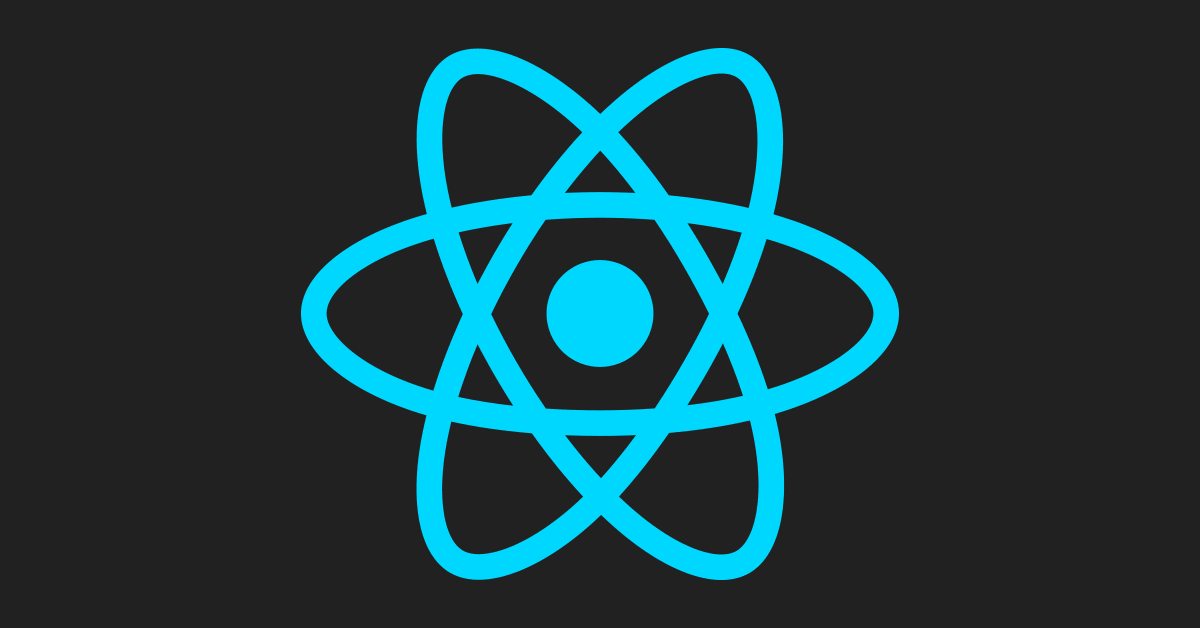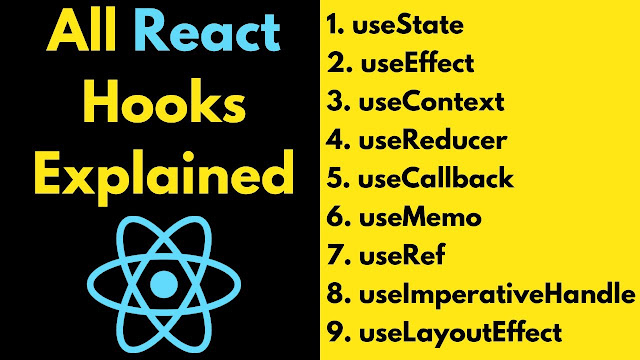What is React.js and Why is it important?
React.js is a front-end JavaScript library which is free and open-source for building both mobile and web app user interfaces via React Native. React is developed and maintained by Facebook and a community of developers.
With the help of React, we can create very complex applications easily where basic HTML, CSS and JavaScript struggles.
Why is React used?
React is used for its seamlessness, efficiency and several other advantages:
- Virtual DOM — React uses a virtual DOM (Document Object Model) to efficiently update the real DOM. This helps in keeping track of the state of the DOM objects to update them efficiently.
- Component-based architecture — React uses a component based architecture. This means that the React applications are built using components which are are reusable (e.g., A navigation bar, A footer). This makes our code maintainable, clean, readable and reusable.
- Ecosystem — React has a wide ecosystem of libraries, tools and resources that enable to develop more advanced applications. The ecosystem includes Redux, GraphQL, Next.js and many more.
- Strong developer tooling — React has a wide spectrum of developer tools and extensions that enhance our development experience. Some of the React developer tools you can use are React Developer Tools, Redux DevTools, ESLint, Prettier, Storybook and CodeSandbox.
- Large community support — React has a vast and active community of developers and contributors, providing support, resources, and libraries to help build and deploy applications.
Why prefer React over simple HTML, CSS, and JavaScript?
Simple HTML, CSS and JavaScript, may suffice for smaller web apps, but are not preferred when larger and more complex websites are built. This is due to the reasons mentioned below:-
- Manual DOM manipulation — In simple HTML, CSS and JavaScript, we need to manipulate the DOM manually in order to update the UI, which is both tedious and error-prone. React makes the manipulation of the DOM more efficient and reliable.
- Lack of component-based architecture — Basic HTML, CSS and JavaScript do not provide component-based architecture. This can lead to code duplication and difficulty in maintaining large and more complex web apps.
- Lack of developer tooling — Basic Basic HTML, CSS and JavaScript have limited developer tooling compared to React, while React provides a multitude of developer tools as mentioned above.
While React is more beneficial to use for making larger, and complex apps, the learning curve of React is steeper due to its declarative approach. All developers willing to reap the benefits of using React, have to invest time and effort learning it.
Drawbacks of React
- Steeper learning curve: React has a steeper learning curve compared to simple HTML, CSS, and JS. Developers need to understand its declarative approach, component-based architecture, and use of JavaScript frameworks to effectively use React.
- Potential performance issues: While React is generally performant, complex applications with large data sets or intensive computations may experience performance issues. Developers need to optimize their React applications carefully to ensure smooth performance.
- Limited SEO support: React applications are rendered on the client-side, which can make it difficult for search engines to index and crawl the content. Developers need to implement additional measures, such as server-side rendering or static site generation, to improve SEO.
- Debugging complexity: Debugging React applications can be complex, especially for beginners. The use of virtual DOM and one-way data binding can make it challenging to track down and resolve issues.
Conclusion
React.js is a powerful and versatile JavaScript library for building user interfaces. Its declarative approach, virtual DOM, component-based architecture, and extensive ecosystem make it an ideal choice for developing complex and interactive web applications. While simple HTML, CSS, and JS remain essential for building basic web pages, React offers significant advantages in terms of efficiency, maintainability, and developer experience.
If you are looking to build complex and dynamic web applications, React.js is a valuable tool to consider. Its rich ecosystem and strong community support make it easy to learn, use, and extend. By leveraging React’s capabilities, developers can build high-quality web applications that are performant, maintainable, and user-friendly.
Some valuable React resources:



Comments
Post a Comment